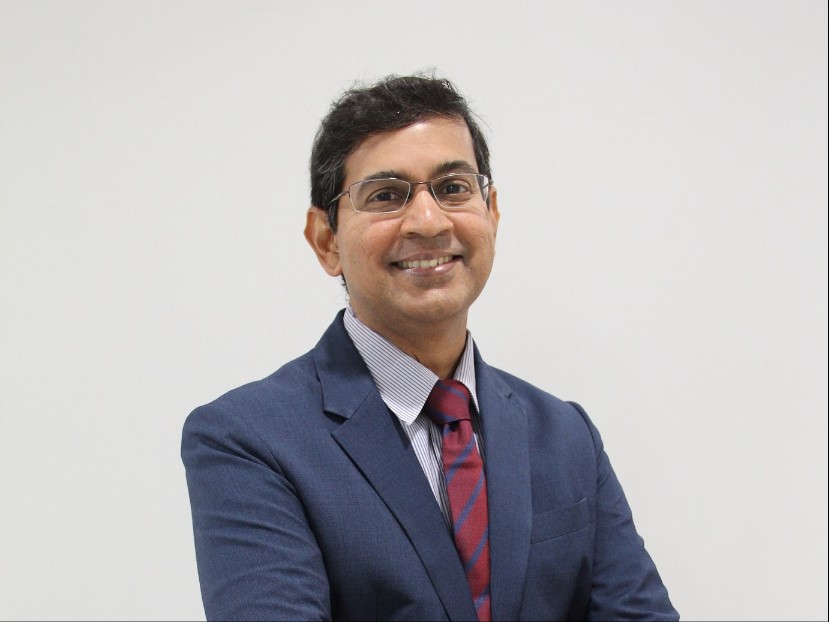KUALA LUMPUR, Nov 3 — Sunway Medical Centre Velocity (SMCV) is encouraging greater discourse surrounding men’s health, amid the global Movember movement this month on male health issues like prostate and testicular cancer.
The private hospital noted that the life expectancy of men in Malaysia as of 2017 was almost five years shorter than women at 72.7 years, compared to 77.4 years for women.
A bulk of premature deaths amongst men (68 per cent) are caused by non-communicable diseases (NCDs), followed by communicable diseases (20 per cent) and injury (12 per cent).
With the alarming rate of increase related to NCDs, there is also another underlying cause to the lack of treatment for males in Malaysia – namely a lack of awareness, open discussion, and health-seeking behaviour among men, according to SMCV.
In 2018, the Ministry of Health (MOH) recorded a low uptake of health screenings among men, with only 4.7 per cent having undergone health screenings, compared to 5.8 per cent of women who were screened.
With regards to this, the MOH has even introduced a National Men’s Health Action Plan (2018-2023) to bring to light the importance of paying attention to men’s health.
When it comes to understanding the barriers men face in seeking medical treatment, there are various factors and components that come into play, said SMCV.
Firstly, they may be in denial about their condition or diagnosis, and do not wish to accept the limitations that come with their increase in age. This will then lead to them carrying on unhealthy habits such as eating poorly, smoking, not getting sufficient sleep and rest and lack of physical activity well into their later years.
Another challenge would be internalisation of emotions due to societal stereotypes and pressures. They may not feel comfortable discussing their struggles as they feel the need to remain strong and refuse to show any signs of vulnerability to those around them. This may prevent them from seeking help and the necessary treatment.
SMCV consultant urologist Dr Selvalingam Sothilingam pointed out that men should pay attention to different symptoms at different stages in their lives. This is so they know what to look out for and be wary about in order to take action where needed.
“Across all the age groups, sexual dysfunction is quite common. Infertility is a concern in men in the reproductive age group and is a rising concern nowadays for young couples trying to start a family. Benign prostatic hyperlasia (enlargement of the prostate gland), diabetes melitus, hypertension, and heart diseases occur more frequently amongst men above their 50s.
“Screening for these comorbidities as well as cancers, including urological cancers, is more relevant for this age group as they are more susceptible to such a diagnosis, especially in the presence of a family history,” Dr Selvalingam said in SMCV’s statement.
“However, we are seeing an increase in urological cancers in younger men, likely due to lifestyle choices. Testicular cancer is an example of a cancer that can occur in younger men; therefore, one should be aware of the risk factors and self-examination of the testes has not been emphasised enough,” he added.
Dr Selvalingam further stressed the importance of going for regular health screenings. Early detection is key to reduce morbidity and potentially, the mortality rate.
“In a society where cultural norms come into play and the male is often seen as the head of the household, it is often a challenge for them to share and discuss their issues as they need to be seen as the pillar of strength. It is however reassuring to see good support especially from their spouse or partner, who often encourage men to seek early treatment,” he concluded.








